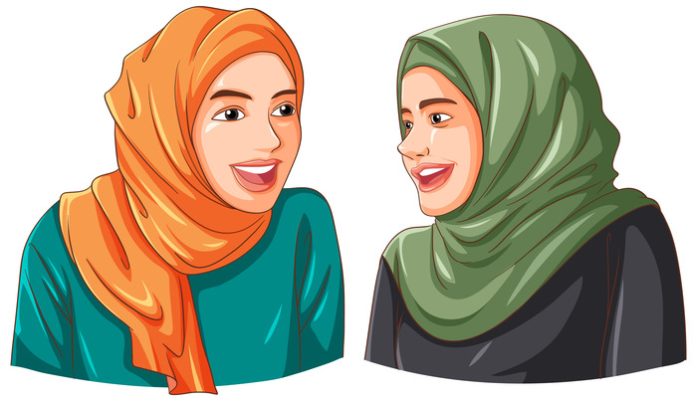INTRODUCTION
Central Board of Dawoodi Bohra Community vs. State of Maharashtra, 2023 deals with the controversy surrounding whether the practice of excommunication within the Dawoodi Bohra community is considered to be an essential religious practice under Article 26(b) of the Constitution. This practice within the Shia sect of Islan is known as excommunication or Baraat, where there is an expulsion of an individual from a community, by not letting them participate in religious, and social activities. The case looks into reconciling the interplay between constitutional morality and the right to freedom of religion.
FACTS
ISSUES
- Whether the practice of excommunication in the Dawoodi Bohra community constitute an essential religious practice that is protected under Articles 25 and 26 in the Constitution?
ARGUMENTS
Petitioner’s Arguments
The petitioners argued that the practice of excommunication in the Dawoodi Bohra community falls within the definition of “matters of religion” under Article 26(b) of the Constitution. However, they contended that even if such practices are religious, they must yield to social reform legislations protected by Article 25(2).
They also asserted that the rights under Article 26 are subject to morality, which they argued includes “constitutional morality.” Relying on judgments like Navtej Singh Johar v. Union of India and the Sabarimala Temple Case, they highlighted that practices destructive of liberty and equality are incompatible with constitutional morality. On a further plea, they even argued that the practice of excommunication goes against principles enshrined in Articles 17, 19, 21, and 25 in making it unconstitutional even if its initial ground falls under protection Article 26.
The petitioners also argued that the practice results in severe civic consequences similar to civil death for the excommunicated individual and therefore violates Article 21. They urged that Article 26 cannot override the fundamental rights guaranteed under Part III of the Constitution and has to be balanced against Articles 14, 19, and 21.
In terms of evolving judicial interpretations, they asserted that the constitutional validity of excommunication calls for a reexamination in the light of contemporary principles of justice, liberty, equality, and fraternity. They also sought to consider whether Article 17 extends protection to excommunicated persons.
Respondents Arguments
The respondents contended that the Act of Social Boycott does not extend protection against ex-communication since it deals with social boycotts of members of the community whereas an ex communion member is no more a member of that community. They argued that the judgment in Sardar Syedna remains valid and has been consistently upheld in subsequent judgments. They further argued that Article 26(b) conclusively protects the religious practices of the Dawoodi Bohra community, including excommunication, and no reconsideration is required. They also opposed connecting this case with the ongoing nine-judge bench matter, suggesting it could at most be kept pending until the resolution of that case.
JUDGEMENT
The was heard before a five-judge Constitution bench of the Supreme Court. It referred the constitutional validity of the practice of excommunication within the Dawoodi Bohra community to a nine-judge bench for reconsideration, stressing that two critical issues are in question.
Firstly, there is a need to conform the rights under Article 26(b) (right to manage religious affairs) with other fundamental rights under Part III of the Constitution, in particular Article 21(right to life and dignity). This was not addressed adequately in the 1962 Sardar Syedna Taher Saifuddin Saheb case, wherein it was held that excommunication was a religious right. The term “morality” in Articles 25 and 26 must be interpreted in the context of “constitutional morality,” and judicial clarity must be required to avoid subjective interpretation. This issue has already been associated with the more basic constitutional issues involved in reviewing the judgment of Sabarimala as related to the relationship between freedom of religion and other fundamental rights.
The court, while recognizing that excommunication on religious grounds is justified, pointed out that such action can have serious civic and social implications on the right to dignity under Article 21. In this context, it held that the scope of protection under Article 26(b) must be considered concerning the changing mores of constitutional morality and society. The expression “morality,” as referred to in Articles 25 and 26, must be defined to align with the larger principles of the Constitution rather than being restricted to the dogma of a particular sect. Balancing the rights of religious denominations with the overarching framework of fundamental rights remains a cornerstone of this judicial exercise. Consequently, the Supreme Court directed the matter to be connected with the pending review petitions before the nine-judge bench.
Also Read:
Rights of undertrial prisoners in India
How To Send A Legal Notice In India


